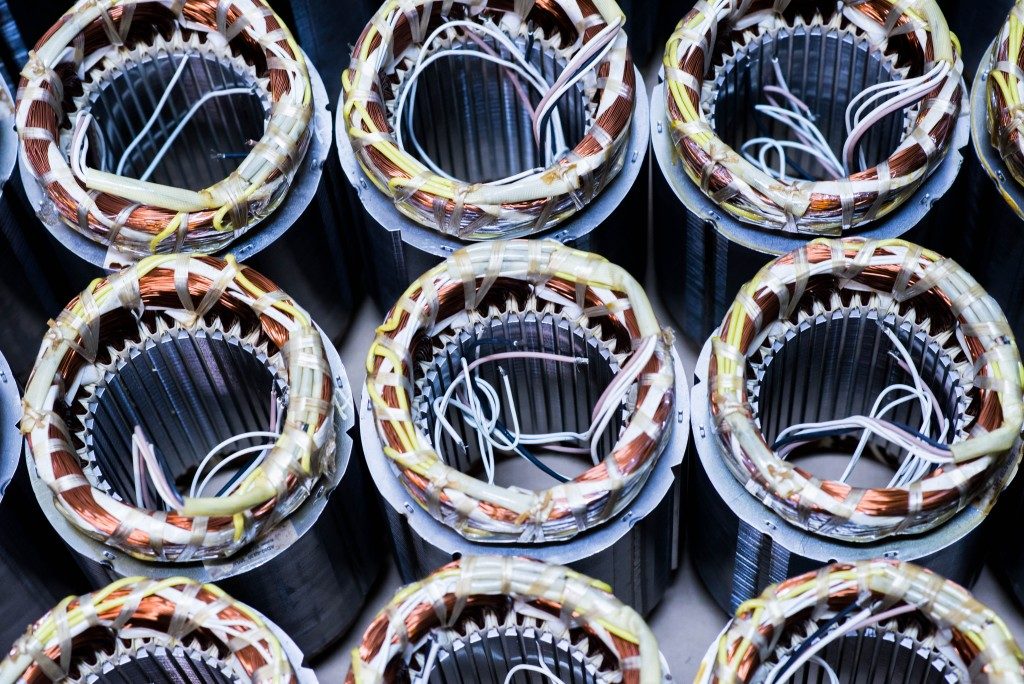Marine transportation has become one of the most popular alternatives for shipping goods across continents. It is not only inexpensive but can also accommodate even the bulkiest of products. The rise in vacations on cruise ships has also led many people to invest in the marine sector. However, it takes more than a beautiful and durable ship to succeed in the marine industry. One element that has seen many investors deal with losses is the use of the wrong cables for different applications on their vessels.
Your shipboard cable will have more features compared to ordinary residential and industrial cables. These are meant to guarantee that the cables will hold up to the harsh elements they will be exposed to. This way, you can rest assured in the optimal operation of your marine vessel, its safety, and a reduction in its maintenance costs. The following are some of the features of marine cables that set them apart.
Flame Retardant
All marine cables are meant to pass the standard test on their flame retardant characteristics set by the IEC before their introduction into the market. This feature ensures the safety of your vessels, goods, and offshore installation in case of a fire. To test its flame-retardant feature, a marine cable will be subjected to high temperatures and open fires, and passes the test if it does not propagate flames.
Low Smoke
Like the flame retardant feature, low smoke is meant as a fire safety measure. It ensures your cables do not generate too much smoke in case there is a fire. The IEC 61034 standardization test checks for low smoke. This is a smoke density test where your cables are burnt to check their generated smoke density. A dense smoke cloud from the cable in case of a fire will hamper efforts to extinguish the fire and lead to considerable damage. Moreover, the smoke will discolor the interiors of your vessel and lead to health issues in its passengers.
Halogen-Free
Halogens are elements that have similar properties but are all highly reactive. These include bromine, fluorine, astatine, and iodine. Halogen-free cables are resistant to the extreme elements in the marine environment and have added durability. Moreover, these cables are free of the halogen compounds that can produce toxic gases and endanger human life on your ship or in offshore applications. Some wires contain fluorine in the form of fluorinated ethylene propylene. These are considered unsuitable for use in some sections of your marine vessel’s wiring.
Fire Resistant

This is also meant to ensure your cable’s resistance to fire. Marine cables are tested in temperatures above 830 degrees Celsius to ascertain their fire-resistance. Passing this test means they will not only be difficult to burn in case there is a fire but will also avert the fire’s spread. Fire-resistant cables will also not drip or melt quickly in a fire.
Marine cables are used in drillships, tankers, bulk carriers, reefers, cruise ships, and feeder vessels, among others. Without the properties above, these cables will become the primary safety hazard on these vessels. It is vital, therefore, to get only marine cables for any vessel that will be used in a marine environment.

